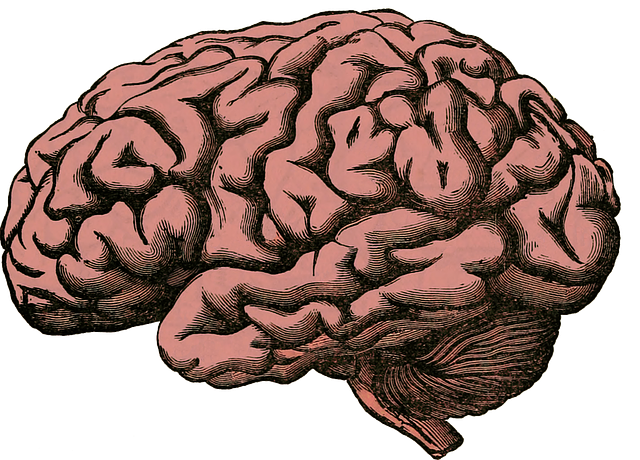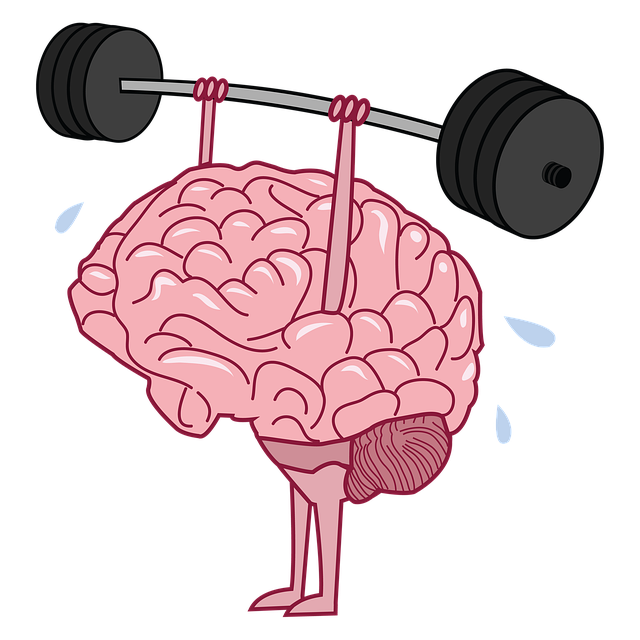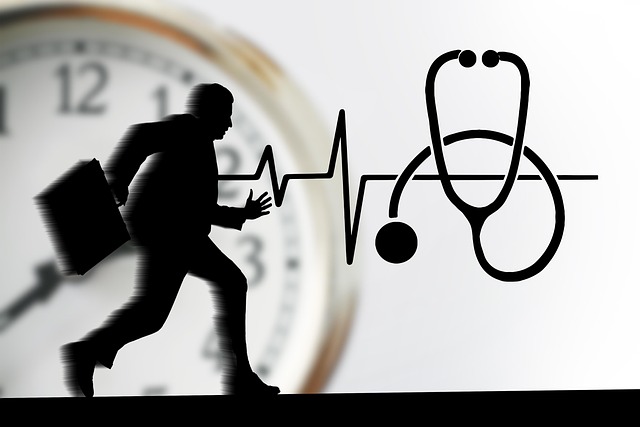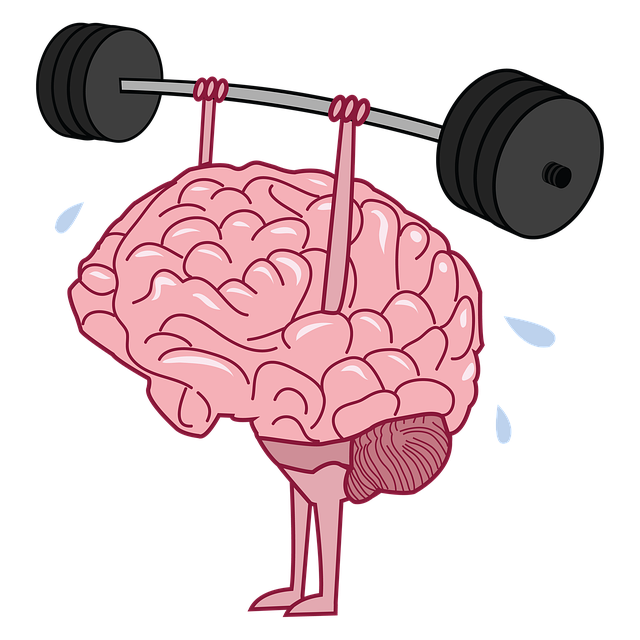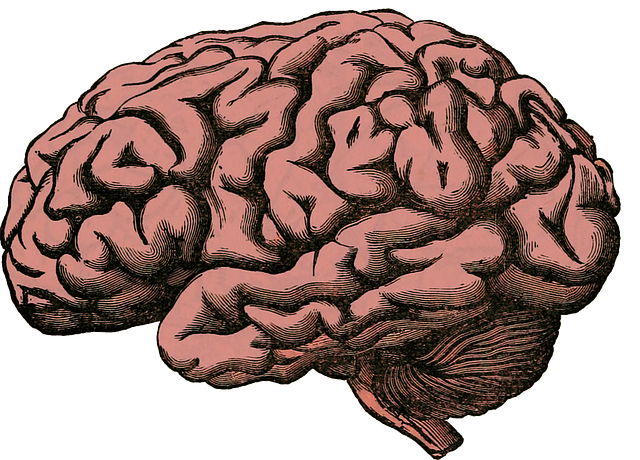Depression prevention demands a multi-faceted approach due to diverse triggers. Centennial Biofeedback Therapy offers a unique solution by focusing on the mind-body connection, teaching individuals to regulate physiological responses to stress. This therapy enhances stress management, promotes relaxation techniques, and supports emotional balance through coping skills for anxiety relief, a common co-occurrence of depression. Integrated with Trauma Support Services and Emotional Intelligence enhancement, Centennial Biofeedback Therapy can transform lives by promoting adaptive coping strategies that support long-term emotional well-being and prevent depressive episodes.
Depression is a prevalent mental health challenge, yet prevention strategies can empower individuals to safeguard their well-being. This article delves into three key approaches to combat this illness. We begin by exploring the causes and triggers of depression, followed by an in-depth look at Centennial Biofeedback Therapy as a promising preventative measure. Additionally, we discuss how lifestyle modifications can foster long-term mental resilience, offering a holistic guide to managing and averting depressive episodes.
- Understanding Depression and Its Triggers
- Exploring Centennial Biofeedback Therapy as a Prevention Tool
- Integrating Lifestyle Changes for Long-Term Well-Being
Understanding Depression and Its Triggers

Depression is a complex mental health disorder that significantly impacts an individual’s daily functioning and overall well-being. It’s crucial to understand that triggers for depression can vary greatly from person to person, making prevention a multifaceted approach. Identifying and managing these triggers is a key strategy in combating depressive episodes.
Centennial Biofeedback Therapy offers a unique perspective on this challenge by focusing on the mind-body connection. This therapeutic method teaches individuals to gain control over their physiological responses to stress, thereby reducing the impact of known triggers. By enhancing stress management skills and promoting relaxation techniques, Centennial Biofeedback Therapy contributes to overall mental resilience. Additionally, it supports the development of coping skills that can effectively manage anxiety relief, a common concomitant of depression, fostering a more balanced emotional state.
Exploring Centennial Biofeedback Therapy as a Prevention Tool

Centennial Biofeedback Therapy has emerged as a promising tool in the realm of depression prevention, offering a unique and innovative approach to mental health care. This therapy focuses on teaching individuals how to regulate their physiological responses to stress, effectively empowering them with coping mechanisms that can prevent depressive episodes from occurring. By harnessing the power of biofeedback technology, clients gain awareness of their body’s reactions to triggers, allowing for better emotional regulation and resilience against negative impacts.
Integrating this method into a comprehensive depression prevention strategy can be transformative, especially when combined with Trauma Support Services and enhanced Emotional Intelligence. The process enables individuals to understand and manage their physiological stress responses, fostering a sense of control over their mental health. With regular practice, Centennial Biofeedback Therapy can help individuals build adaptive coping strategies that promote emotional well-being and prevent relapses, ultimately contributing to a more balanced and fulfilling life.
Integrating Lifestyle Changes for Long-Term Well-Being

Depression prevention isn’t just about addressing symptoms; it’s a holistic process that involves integrating lifestyle changes for long-term well-being. Regular exercise, a balanced diet, and adequate sleep are foundational elements in mental health maintenance. Engaging in activities that foster social connections and cultivate a sense of purpose can significantly strengthen one’s resilience against depression. Additionally, practices like mindfulness meditation and Centennial Biofeedback Therapy have shown promising results in promoting emotional regulation and stress reduction.
For mental health professionals, considering a comprehensive approach that combines these lifestyle changes with effective risk management planning is essential. Conducting regular risk assessments (including those outlined in the Risk Assessment for Mental Health Professionals guidelines) allows for early identification of potential triggers or vulnerabilities. Empathy-building strategies play a crucial role too, as fostering understanding and connection can prevent isolation—a common factor contributing to depression. Through a balanced integration of these techniques, professionals can empower individuals not just to manage symptoms but to thrive and maintain their mental health over time.
In conclusion, understanding depression and its triggers is paramount in equipping individuals with effective prevention strategies. While Centennial Biofeedback Therapy emerges as a promising tool for managing stress and promoting mental well-being, integrating lifestyle changes remains essential for long-term success. By combining these approaches, folks can foster resilience, navigate life’s challenges, and cultivate a vibrant tapestry of emotional health.

